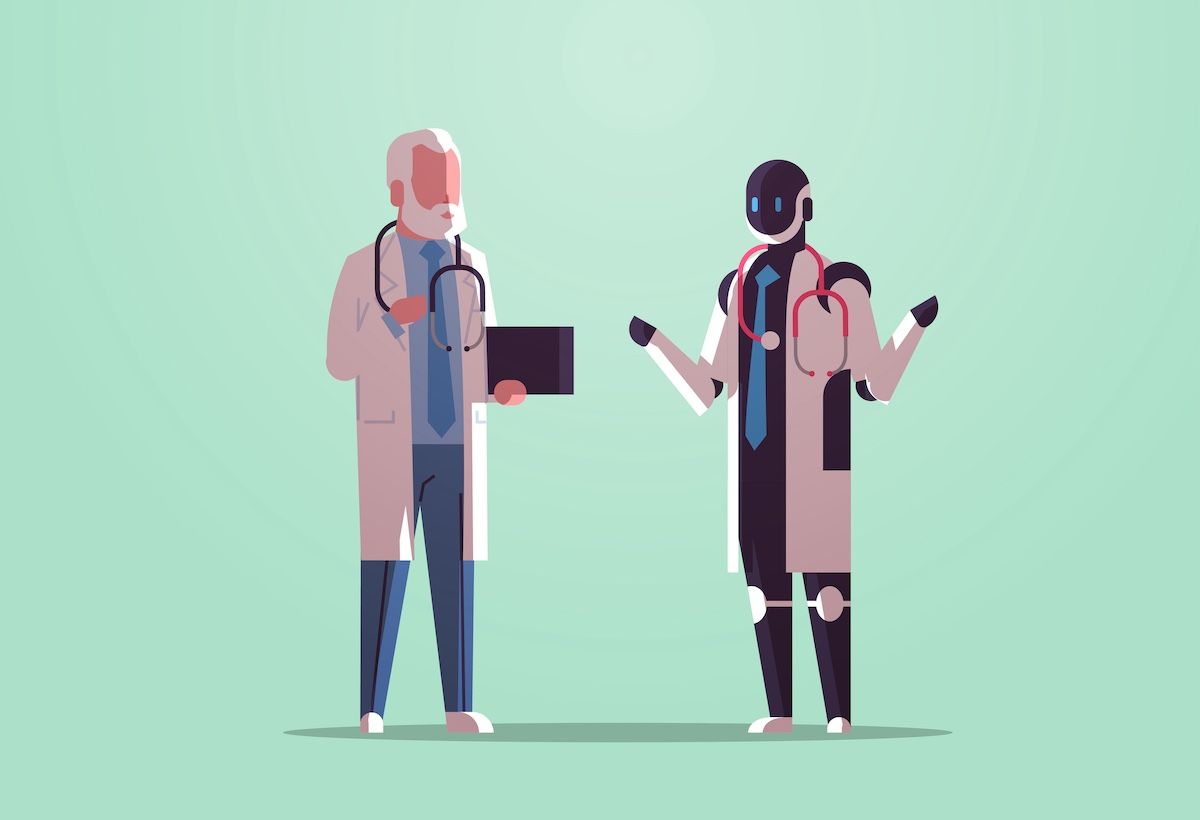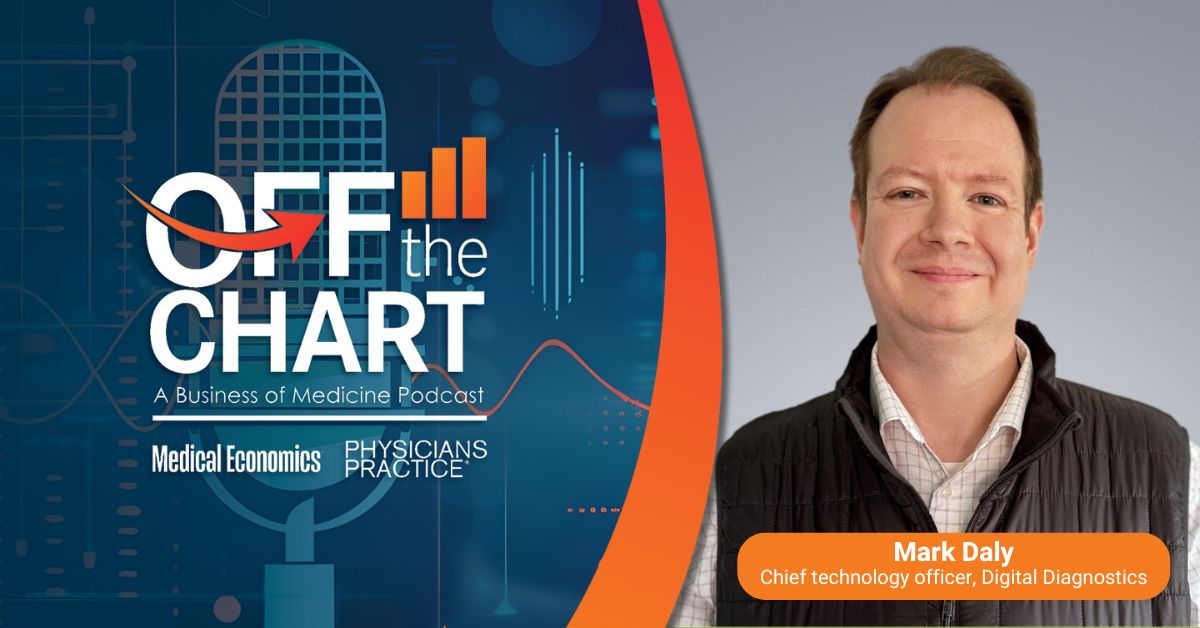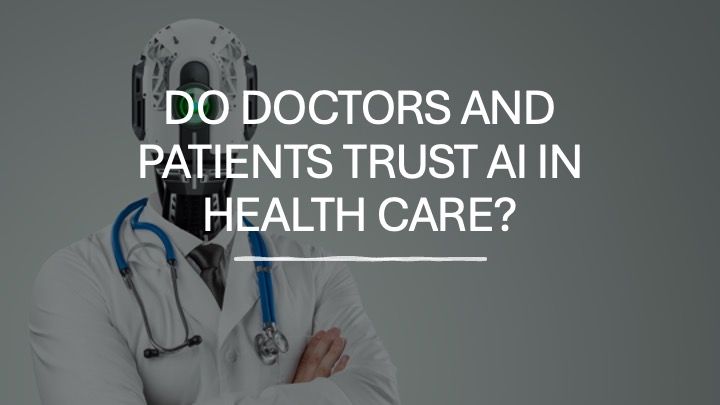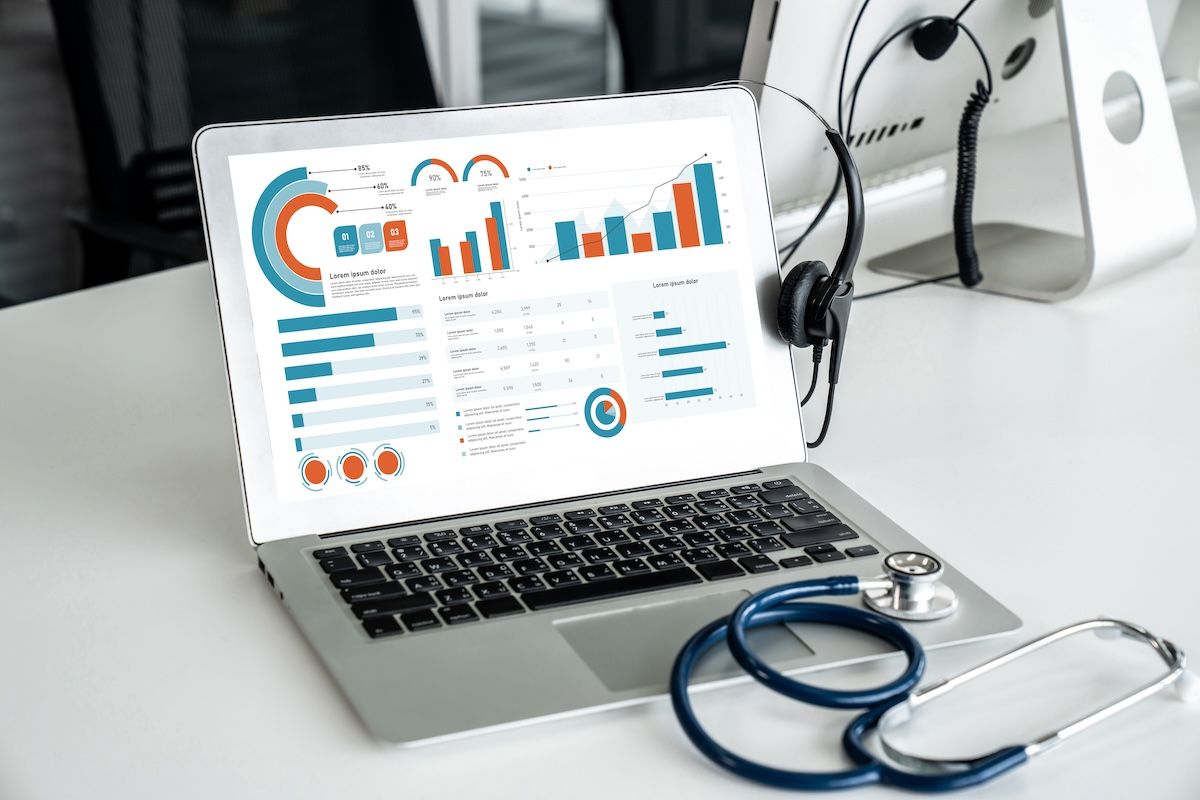
AI
Latest News
Latest Videos

CME Content
More News

AI-powered prior authorization can streamline patient care, reduce abandonment, and enhance provider efficiency, ensuring timely treatment and improved health outcomes.

As use of artificial intelligence grows rapidly in health care, the American Medical Association brought together an expert panel to highlight policy changes, transparency concerns and implications for physician practices.

AI in health care faces challenges from biased training data, limiting equitable treatment. Expanding data sources can enhance its accuracy and patient outcomes.

Veradigm leverages AI to enhance real-world evidence for GLP-1 drugs, revealing insights on patient adherence, side effects, and treatment outcomes.

PCPs welcome AI as a time-saver, but new research shows that many failed to catch serious mistakes in AI-generated patient portal messages.

With one-quarter of health care spending classified as waste, AI systems built to reason—not just automate—may be key to restoring clinical capacity and operational trust.

GI Alliance partners with IKS Health to enhance revenue-cycle management with AI, streamlining operations for over 900 gastroenterologists nationwide.

Technology offers hope to physicians dragged down by prior authorizations, but there is no perfect solution.

Study warns that artificial intelligence could increase legal risk and burnout if health systems fail to support doctors.

AI-driven analytics revolutionizes primary care, enhancing chronic disease management and preventive strategies while alleviating physician burdens for better patient outcomes.

Medical Economics was on the ground in New Orleans covering the ACP Internal Medicine Meeting 2025.

AI tools are becoming more prevalent in back office operations, but they are also making inroads on the diagnostic side.

AI tools are becoming more prevalent in back office operations, but they are also making inroads on the diagnostic side.

AI tools are becoming more prevalent in back office operations, but they are also making inroads on the diagnostic side.

AI tools are becoming more prevalent in back office operations, but they are also making inroads on the diagnostic side.

Machine learning, a subfield of artificial intelligence, can sift through massive amounts of data to benefit physicians and patients.

AI tools are becoming more prevalent in back office operations, but they are also making inroads on the diagnostic side.

AI tools are becoming more prevalent in back office operations, but they are also making inroads on the diagnostic side.

AI tools are becoming more prevalent in back office operations, but they are also making inroads on the diagnostic side.

AI tools are becoming more prevalent in back office operations, but they are also making inroads on the diagnostic side.

AI tools are becoming more prevalent in back office operations, but they are also making inroads on the diagnostic side.

AI tools are becoming more prevalent in back office operations, but they are also making inroads on the diagnostic side.

Discover how the communication freeze impacts the Physician Fee Schedule and compliance in healthcare, ensuring you stay informed and compliant.

AI tools are becoming more prevalent in back office operations, but they are also making inroads on the diagnostic side.

Heather Bassett, MD, chief medical officer of Xsolis, joins the show to talk prior authorizations and how technology may be able to help.








